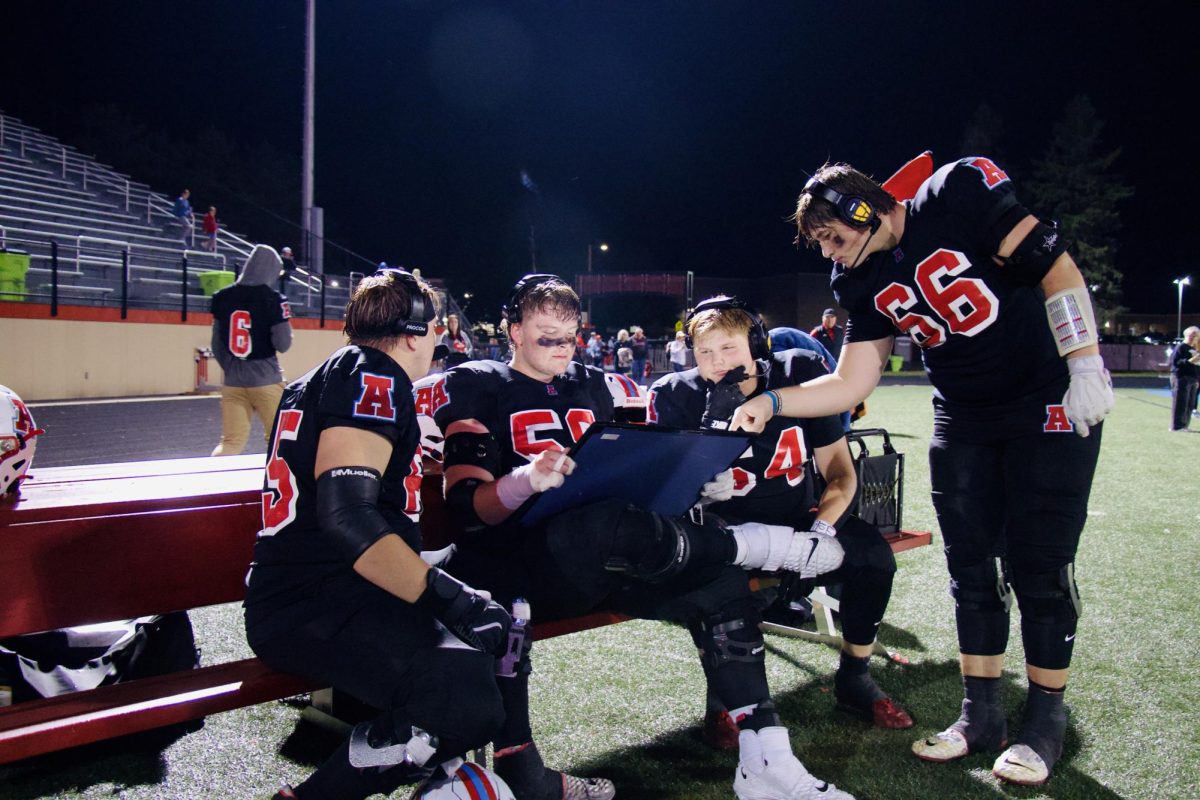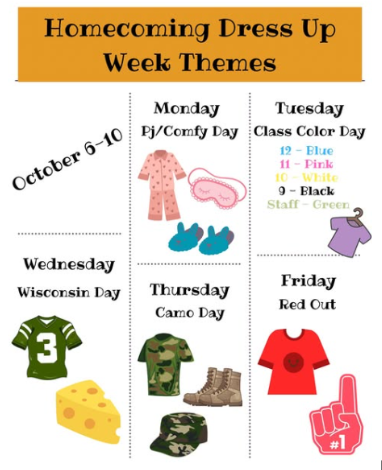Teenagers across the country are struggling with mental health as some consider suicide. Rates of depression and anxiety among teens are rising because mental health struggles are real, but help is available.
Knowing the warning signs of suicide can help us catch problems early. According to the American Foundation for Suicide Prevention , some common warning signs include: talking about feeling hopeless, withdrawing from friends or activities they used to enjoy, changing sleeping or eating habits, or acting more sad, anxious, or angry than usua.l It’s important to talk to the student and provide support if a friend or adult notices any of these symptoms.
To understand more about how to prevent teen suicide, Mr. Lew, the Arrowhead psychologist, provided some important insights. He shared helpful tips on how teens and families can reach out for support.
Mr. Lew explained the importance of speaking up if a person is worried about a friend or peer. “If it’s in school, students can talk to a counselor, a teacher, or even the main office. Outside of school hours, local police departments can perform wellness checks.” He said that it can feel like “going behind a friend’s back,” but also said that safety and health should come first. He encouraged students to involve trusted adults or even speak directly to a friend’s parents if needed.
Why is it important for teenagers to speak out if they feel hopeless? Mr. Lew put it simply: “Because otherwise, I don’t know how things get better.” He explained that sometimes depression or anxiety is temporary, tied to hormones or stress, but in other cases, professional intervention is needed. Whether it’s therapy, medication, or simply learning new strategies, reaching out is a vital step toward recovery.
Mr. Lew also described the resources available at school for struggling students. “[At Arrowhead] each campus has three counselors and a school psychologist,” he said. Students can meet with these professionals as needed, whether it’s a one-time conversation or regular check-ins. He also said there are wellness groups that focus on physical, emotional, and interpersonal health. For families needing outside help, the school provides referrals to therapists, life coaches, or other local mental health resources.
Mr. Lew was what message he wanted all students to remember about mental health. He paused before answering: “Taking care of your mental health is something you do every day. It’s how you sleep, eat, manage stress, and connect with others. If things are going well, keep doing what works. If not, don’t be afraid to try something different or ask for help. Even small changes can make a big difference.”
Teen suicide prevention starts with awareness, connection, and the courage to reach out for help. If people can know the warning signs, have open conversations, and utilize available resources, we can work together to support those in need.
Mr. Lew reminds all students that mental health matters every day and that reaching out can be the first step toward feeling better.












